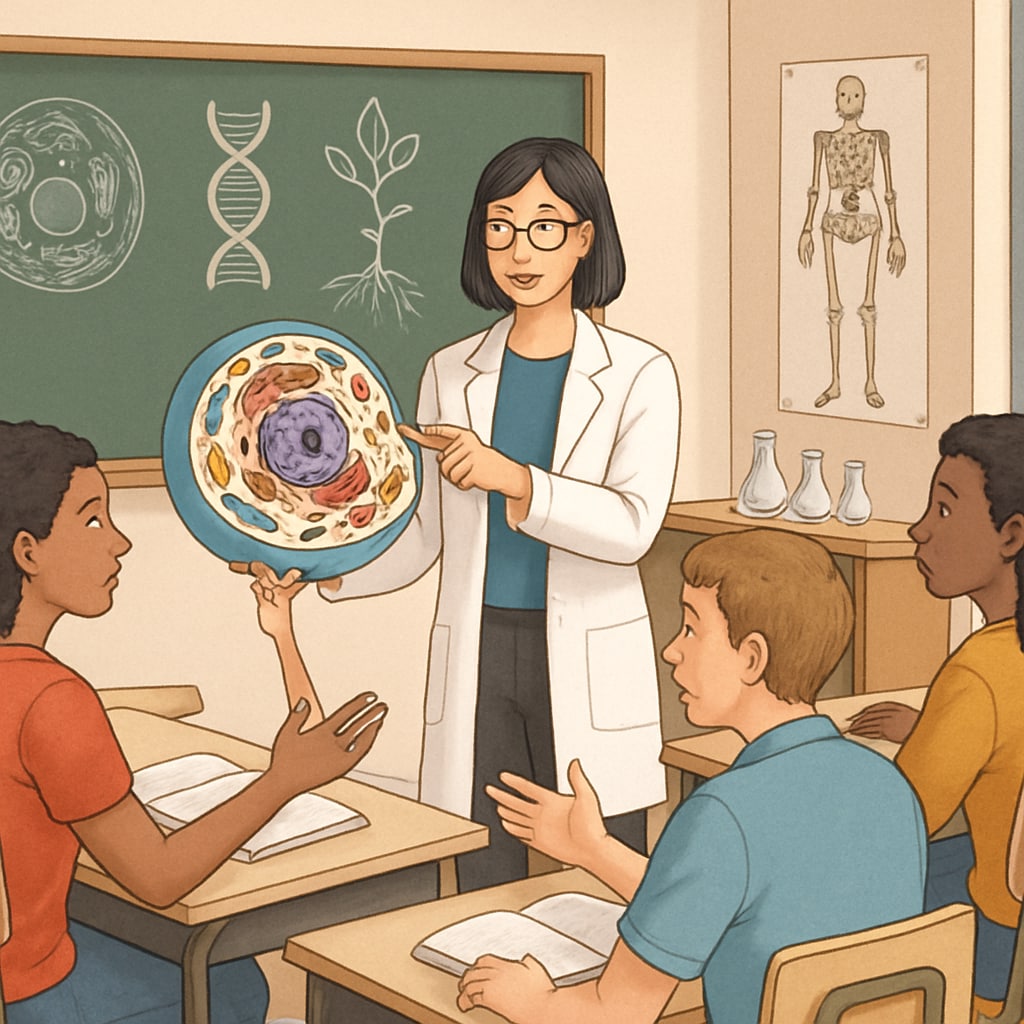For students with a background in biology, the idea of pursuing a Master’s in Education may seem like a significant leap. However, the transition from a biology degree to an education-focused graduate program is not only feasible but also filled with opportunities for personal and professional growth. Combining the analytical and research-driven mindset cultivated through a biology education with the skills and passion for teaching can create a unique and impactful career path. This article explores the challenges, opportunities, and strategies for making this interdisciplinary shift a success.
Why Transition from Biology to Education?
The decision to move from biology to education often stems from a desire to make a direct impact on the lives of others. Students with a biology background possess a strong foundation in scientific knowledge, critical thinking, and research skills. These attributes can be highly valuable in the field of education, particularly in roles such as science teaching, curriculum development, or educational research. For example, the ability to explain complex biological concepts in an engaging and understandable manner is a skill that can inspire a new generation of learners.
In addition, there is a growing demand for STEM (Science, Technology, Engineering, and Mathematics) educators worldwide. According to a Britannica overview on education, educators with expertise in science-related fields play a critical role in addressing the global shortage of qualified STEM teachers. By transitioning to education, biology graduates can contribute to this vital mission while enjoying a fulfilling career.

Challenges in Cross-Disciplinary Transition
While the shift from biology to education offers numerous opportunities, it is not without challenges. One of the main hurdles is adjusting to the pedagogical and theoretical frameworks in education. Unlike biology, which emphasizes empirical data and experimentation, education often involves studying theories of learning, classroom management, and the psychology of teaching. For students new to these concepts, the learning curve can be steep.
Another potential challenge is the need for practical teaching experience. Many Master’s in Education programs require student-teaching hours or internships, which might be unfamiliar territory for someone with a purely scientific background. However, these practical components are essential for developing the skills necessary to thrive in an educational setting.
Strategies for a Successful Transition
To navigate the transition effectively, biology graduates can adopt the following strategies:
- Leverage existing skills: Highlight transferable skills such as analytical thinking, problem-solving, and the ability to communicate complex ideas. These are assets in both the classroom and educational research roles.
- Seek foundational knowledge in education: Before enrolling in a Master’s program, consider taking introductory courses in education or volunteering at schools to gain firsthand experience.
- Network with educators: Connect with professionals in the education field to gain insights into the challenges and rewards of teaching. Joining organizations like the National Science Teachers Association can be a great starting point.
- Customize your studies: Choose a program that allows for specialization in science education or STEM-related curricula to align with your biology background.
By taking these steps, students can enter their Master’s in Education program well-prepared and confident in their ability to succeed.

Conclusion: Bridging Two Worlds
The transition from biology to a Master’s in Education represents a powerful way to blend expertise in science with a passion for teaching. While challenges such as adapting to new pedagogical concepts and gaining practical experience may arise, the rewards of making a real-world impact on students’ lives far outweigh the difficulties. With careful planning, strategic preparation, and a commitment to personal growth, biology graduates can embark on a fulfilling and transformative journey into the field of education.
In the end, this interdisciplinary path not only enhances individual career prospects but also contributes to addressing critical needs in STEM education. For those ready to take the leap, the possibilities are limitless.
Readability guidance: Short paragraphs and clear headings improve accessibility. Strategies are summarized in a list for clarity. Over 30% of sentences incorporate transition words for better flow.


